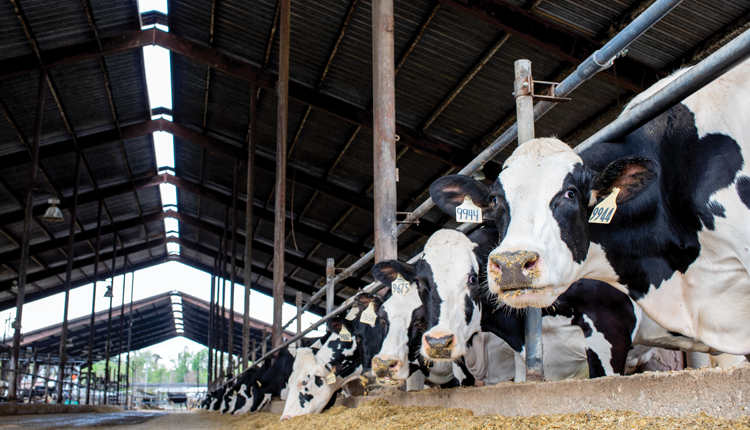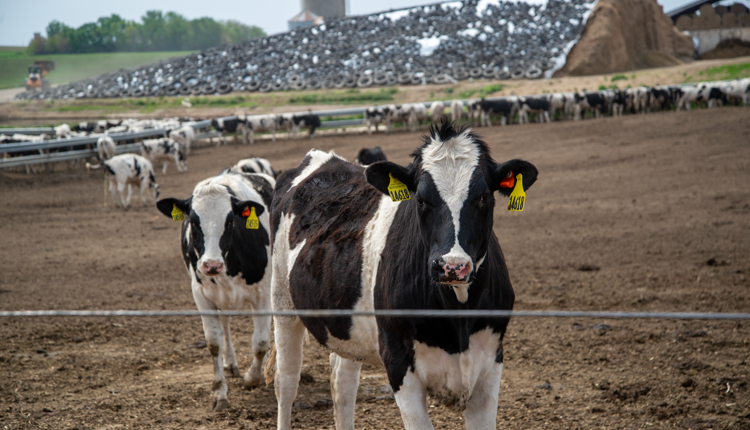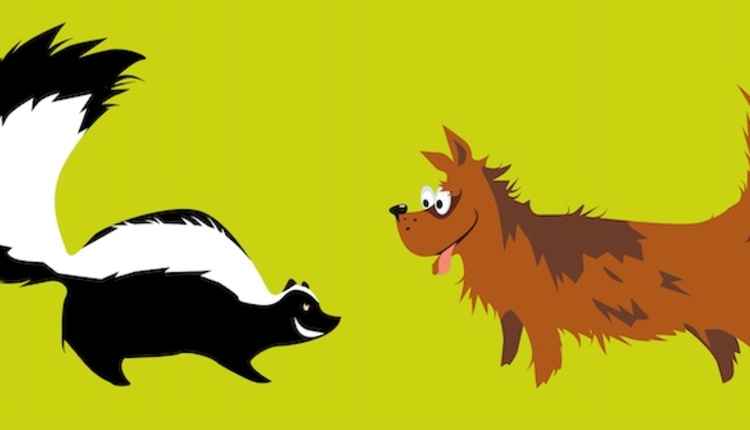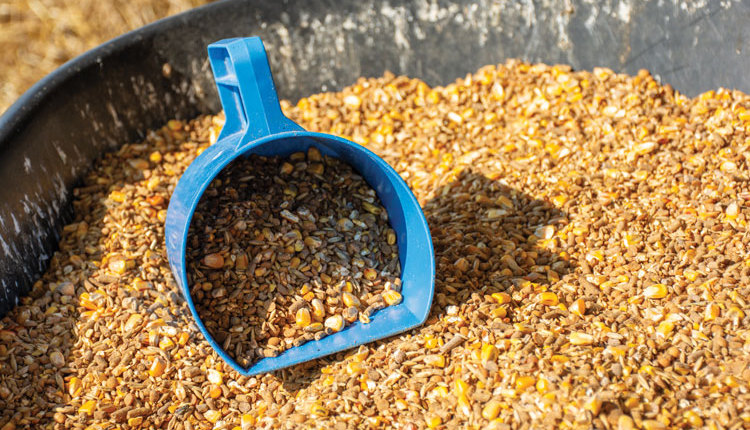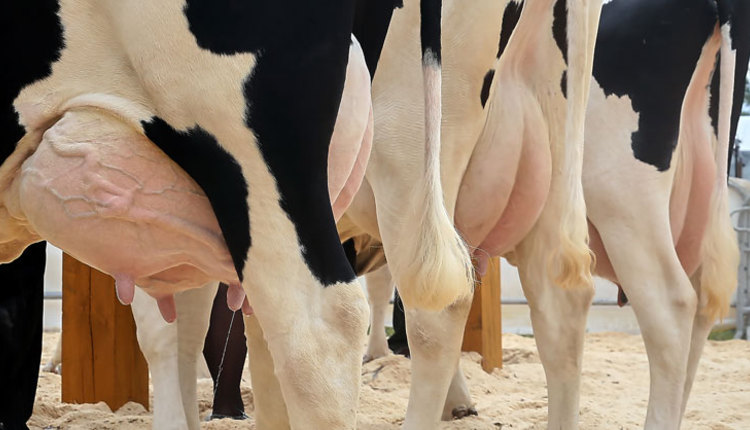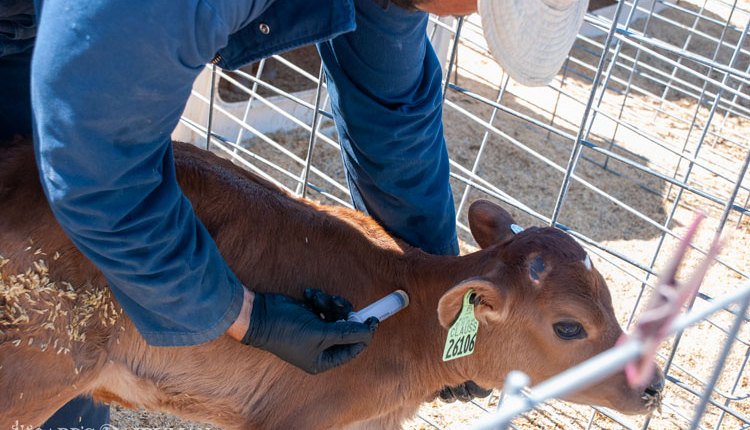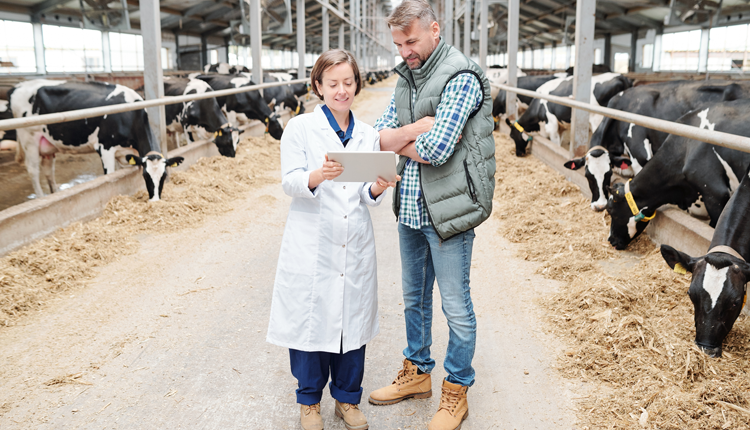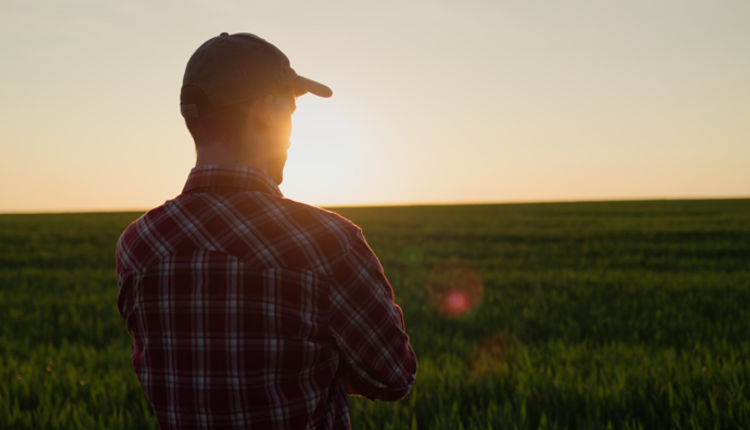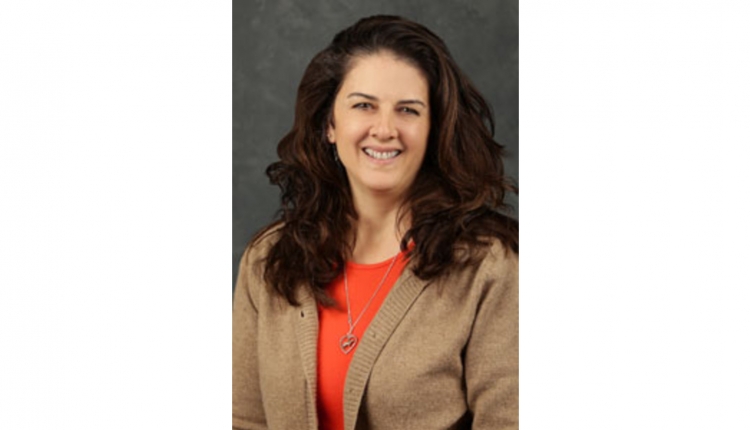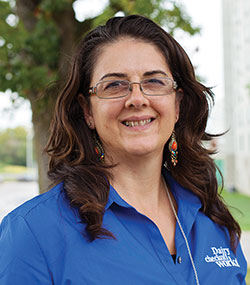
You know the slogan “no pain, no gain.”
The toughness represented in those words fits our occupation and mentality as farmers. We work right through our ailments, making sure that our animals, land, and families are not disrupted.
That outlook smacked me in the face early this year when I fell on my shoulder. I tried to get by without seeing a doctor, but when the pain got to be too intense, and when I could not reach my arm over my head, I caved and made an appointment.
She confirmed that there was a tear and it would not get better without surgery. Waiting was not a good option since the tear was fraying.
Rotator cuff surgery is not what I had in mind for my extracurricular winter activity, but we marked it in the books nonetheless. The more I talked to people about my upcoming surgery, the more I heard stories about long, extensive rehabilitation.
“Months,” they said.
“Nearly a year until it is normal,” someone said. “And very, very painful.”
I asked myself, “How badly do I need a right shoulder that functions at 100 percent?”
There are tons of people, especially in the farming community, who have walked in my barn boots, and I have heard numerous reports about knees that were replaced, backs that slipped discs, and shoulders that tore. From these stories, I see that we are as tough as the nails in our barns. I am not sure, however, that we are good at listening to instructions from doctors and therapists.
We are independent as farmers, and we have a tendency to clear our own path. We do not give up easily, we work long hours until the job is done, and we almost always make our own decisions about when and how we want to do something.
All that determination drives us to plow through recovery in record time, getting back to the barn and cows as soon as we possibly can. Maybe we have that attitude because we see a significant difference in the animals that we work with every day.
If the animal we are treating does not want to stand, there is not much we can do as caretakers to get them back on their feet. They have to possess the willpower.
A number of years ago we had a beautiful calf out of a foundational cow family. Unfortunately, her foot was sliced right above her hooves and she was not given a positive prognoses. She had a strong personality, her family line had a determination to thrive, and I was not ready to give up on her.
She got a lot of extra attention for months, dressing the wound with an ointment to draw out the infection, antibiotics to keep disease out of her joints, and rubbing down her leg with a natural lotion.
She healed, she flourished, and she milked for several years in our herd.
And just the other day we had a cow that came down with milk fever. Overcoming milk fever comes down to two things: supplementing with calcium and dextrose in a timely manner and the willpower of the animal. A cow needs a strong desire to stand on its feet in order for it to overcome the sickness.
It took a bit of effort from everyone involved, but thankfully this girl found her grit to keep going.
With all that focus on plowing through, it is difficult to take it easy and approach life passively. When the therapist tells me, “stretch your arm two sets of 10” . . . I really want to do four sets of 20. But pushing it too hard could be detrimental to the healing.
I was repeatedly warned this by my therapist and by fellow farmers who have been down this path. Abusing my arm during this important recovery time could end up re-tearing the tendon that is fusing.
Advice from fellow farmers has been the most helpful. Mrs. Raney is both a farm wife and a nurse in the recovery room of a hospital; she knows that farmers like to come up with their own plan of recovery. And she fervently suggested that I do everything that I am instructed.
From one farmwoman to another, I think she knew that I needed a good reminder to behave, have patience, and wait for healing.
During my first visit to the therapist, I tried to show my toughness by suggesting the farmers mantra “no pain, no gain.”
He quickly corrected me and went into a long-detailed difference between pain and sore. He does not want me to take myself past the level of pain, which would not be a good ending, but he does expect me to be smart about it and work through the sore.
If I am supposed to focus on overcoming sore rather than pain, I guess I need to come up with another hard-hitting slogan. Preferably one that rhymes with sore.
Maybe it is directed by medication, but the only one that comes to my mind is “no sore, no manure.” I am not sure this is the attitude my therapist is looking for, but this is my story and I’m standing strong.
Common Threads is a regular column in Hoard's Dairyman. The author and her husband, Duane, own and operate a 550-cow dairy in Cochranville, Pa.
